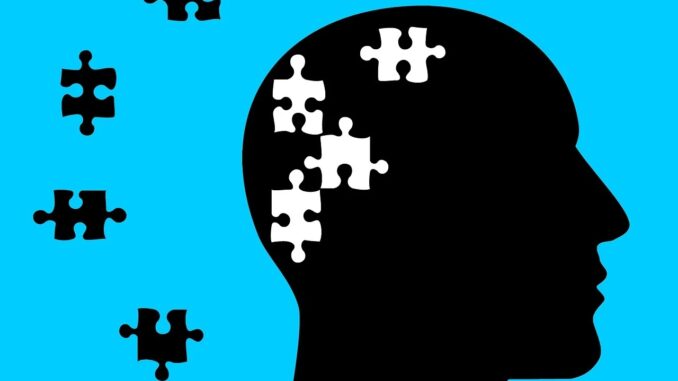
While supplements aren’t something we should completely rely on, they are quite beneficial towards our overall health, including our mental health. Combined with a good diet and exercise routine, the right supplements can elevate our moods, give us energy, improve our sleep, and aid in the brain’s chemical imbalances.
Are you looking into investing in vitamins and supplements from reputable brands like Douglas laboratories found in Supplement First? Then check out the ones that help with our mental health.
- Melatonin
Do you have trouble sleeping? Then you may want to try taking a melatonin supplement. This supplement helps treat mild to moderate sleep disorders, including insomnia and disturbed sleep. Healthy people can also use this to improve their sleep patterns.
Look for supplements that offer .1mg dosages, which is good to start with. Furthermore, speak with your health professional about taking melatonin, especially when taking prescription drugs.
- St. John’s Wort
St. John’s Wort is a popular herbal supplement that is known to help as a short-term treatment for mild to moderate depression. This supplement is also helpful for seasonal affective disorder and hypochondria.
If you plan to take St. John’s Wort for depression, the dosage is 900mg a day but taken in 3 dosages of 300mg each. However, this supplement may have adverse side effects if you are taking prescription medications, such as antidepressants and SSRIs.
- Omega-3 Fatty Acids
Also known as Omega-3s, these supplements are usually associated with fish oil. Popular brands like Douglas labs offer this and are widely studied because of their heart health benefits. It is also known to aid in mental health, though more research is required.
That said, studies are suggesting that studies suggesting the helpfulness of this supplement to treat depression. It may also have mood-stabilizing effects, boosting the effectiveness of antidepressants.
Fortunately, the side effects and drug interactions of taking this supplement are similar to consuming fish, which are minimal. That said, the most common side effect would be indigestion, so it’s recommended to take omega-3 with food and/or take it in smaller dosages.
- Vitamins B1 and B12
Issues regarding mental health, including anxiety, depression, memory loss, insomnia, and/or irritability, are associated with vitamin B1 deficiency. This is a vitamin the brain uses to convert blood sugar (glucose) into energy.
The same goes with vitamin B12, though this focuses more on red blood cells. If you are deficient in B12, it may result in an oxygen-transport issue in the blood pernicious anemia.
When you take vitamin B12 and folate supplements, it can enhance dopamine and serotonin production, which help regulate and maintain better mental health.
Wrapping It Up
If you are suffering from a nutrient deficiency, causing mental health issues, then it may be time to invest in vitamins and supplements. Try any of these supplements and pair them with a healthier lifestyle to keep your mental health in check. Good luck!
